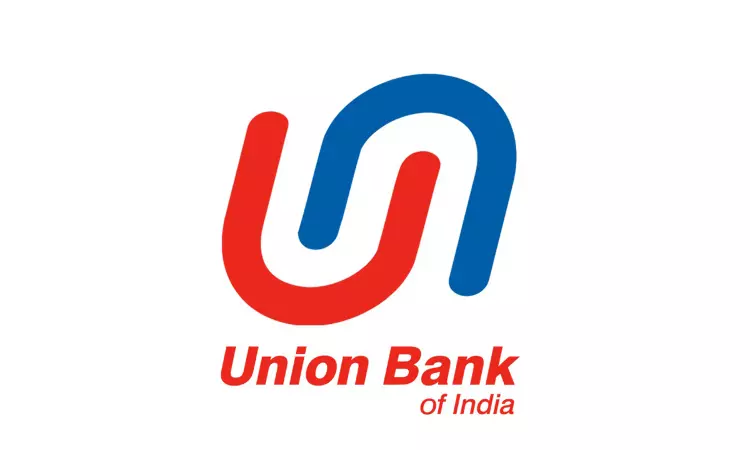Delay In Returning Property Documents, Hyderabad Commission Order Union Bank To Pay Rs. 1 Lakh Compensation
Smita Singh
20 Sept 2023 12:00 PM IST

Next Story
20 Sept 2023 12:00 PM IST
Recently, the Hyderabad District Consumer Disputes Redressal Commission – I bench comprising of B. Uma Venkata Subba Lakshmi (President) and C. Lakshmi Prasanna (Member) directed the Union Bank of India to pay Rs 1 Lakhs for its failure to return a title deed submitted by complainant as collateral for an educational loan. The bench noted that the complainant had been unable to sell...
